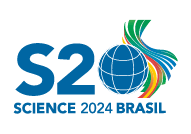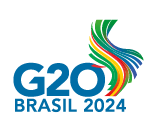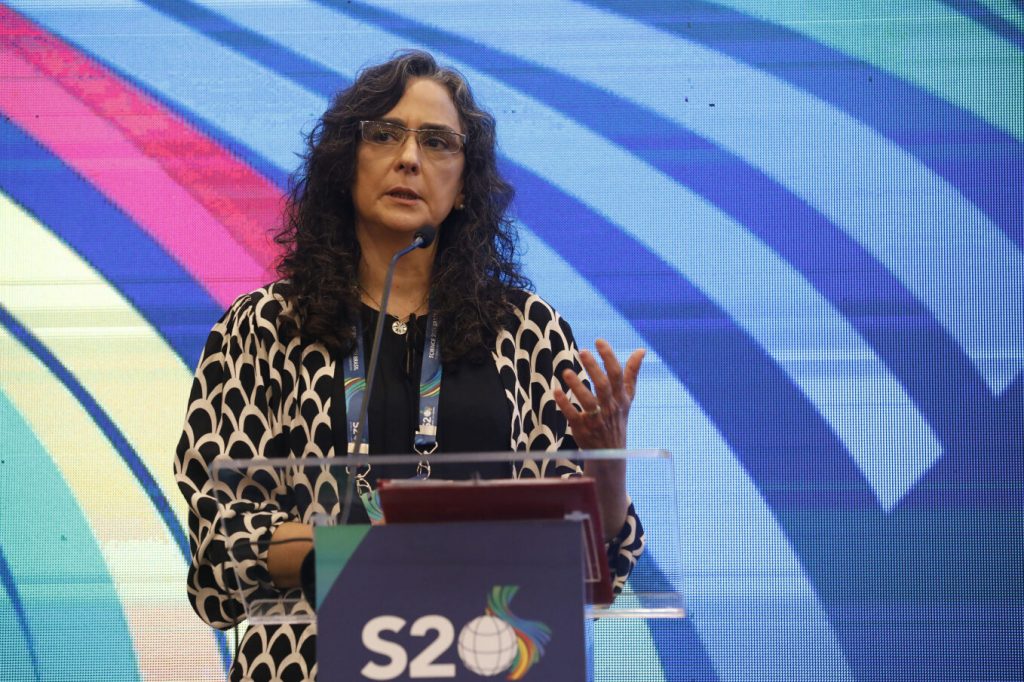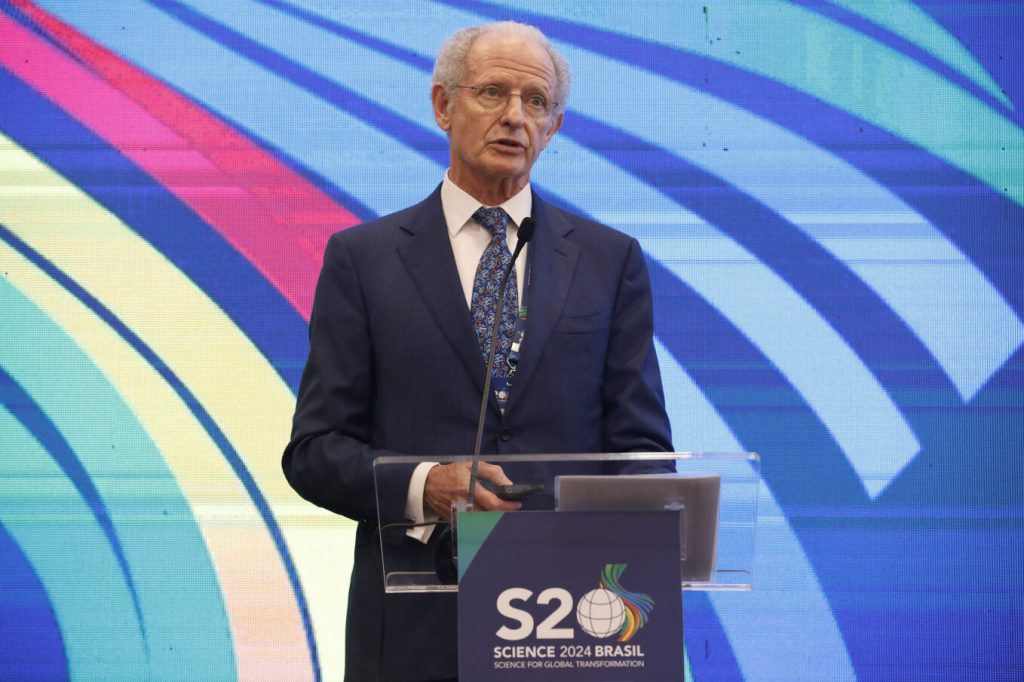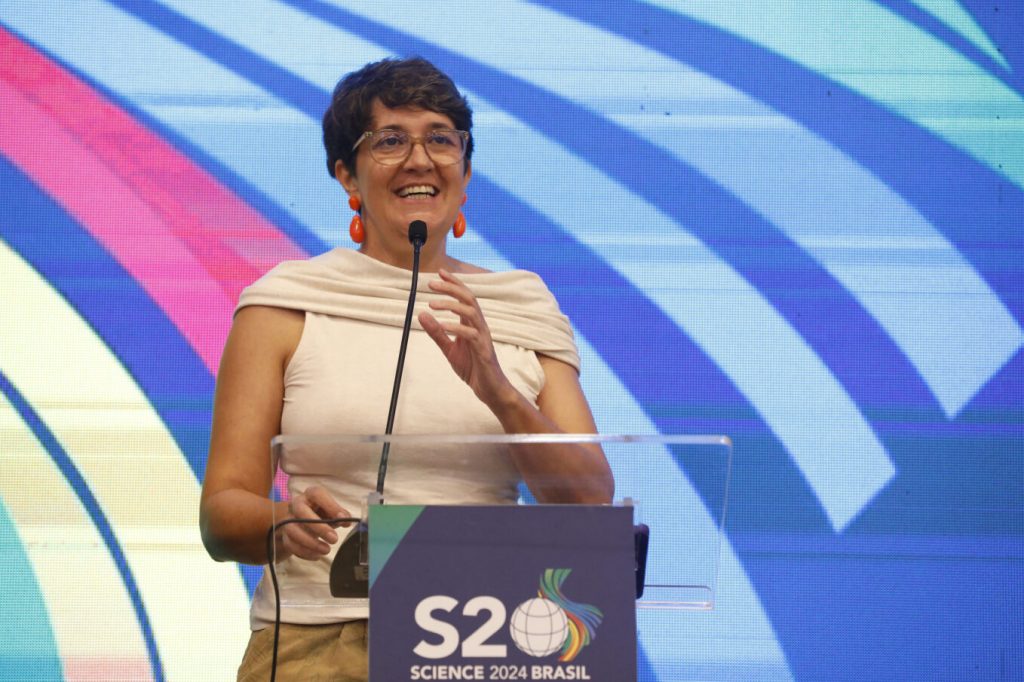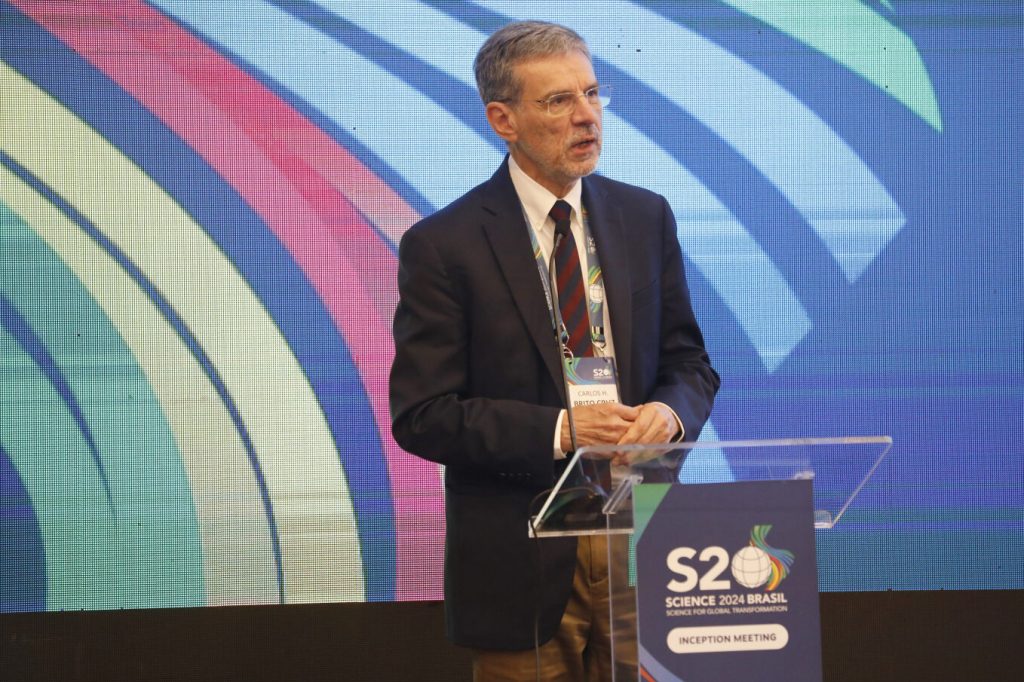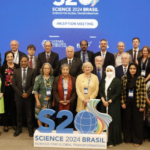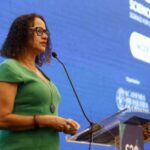Lectures by Brazilian scientists mark Science 20 Initiation Meeting
MARCH 14th | BRAZILIAN ACADEMY OF SCIENCES
As part of Brazil’s rotating presidency in the G20, the Brazilian Academy of Sciences (ABC) leads this year’s Science20 (S20), a group that brings together the national academies of sciences within the bloc. The initiation meeting of S20 2024 was held in Rio de Janeiro on March 11th and 12th, where representatives from each country had the opportunity to provide insights on the established priorities.
For the meeting, five Brazilian experts were also invited to give lectures on contemporary topics. Check them out below.
Demography and Health Challenges in the G20
Márcia Caldas de Castro is a full professor of demography, head of the Department of Global Health and Population at the Harvard T.H. Chan School of Public Health, and a Correspondent Member of the Brazilian Academy of Sciences.
Most G20 countries have already entered a population decline process, mainly due to declines in birth rates. This happens simultaneously with people living longer. Life expectancy in these countries has been on the rise for seven decades, reflecting the success of their healthcare systems. “But many G20 countries lack the infrastructure and institutions to promote healthy aging. Families are getting smaller, with fewer people available to care for the elderly. This leads to mental health issues that also need to be addressed,” warned Márcia Castro.
Some of these challenges were highlighted by the researcher. Cancer, for example, is an area where humanity has been progressing slowly. On the other hand, cardiovascular disease mortality has declined in two-thirds of the countries but threatens to rise again with the increase in obesity rates. “This is something we need to address through prevention because there is no healthcare system capable of responding infinitely. One possible initiative is to tax ultra-processed foods in the same way we do with cigarettes or alcoholic beverages,” she suggested.
According to Castro, the world has the tools to deal with most of the challenges. “The risk factors we know can be mitigated with well-designed public policies,” she explained. She also emphasized that the pandemic reminded the world that health crises cross borders and, therefore, international collaboration is essential. The goal should be universal coverage of primary care through resilient public health systems prepared for crises. “The question is: how can we be better with what we have today, without waiting for future technologies?” the scientist concluded.
Innovation for Social Inclusion and Sustainability
Pedro Wongtschowski is the chairman of the Superior Council for Innovation and Competitiveness of the Federation of Industries of the State of São Paulo (Fiesp) and coordinator of the “Business Mobilization for Innovation” of the National Confederation of Industry (CNI).
Brazil is in a strong position in combating climate change but needs to leverage its relative advantages. Unlike all other G20 countries, the country can halve its emissions just by combating deforestation. But this challenge is not trivial, as most of it stems from criminal activities. The Brazilian industry accounts for only 5% of national emissions. The bulk of fossil fuels are used in transportation, accounting for 20% of total emissions. Half of the national energy matrix is clean, as is 90% of the electricity produced in the country.
In this scenario, Pedro Wongtschowski stated that there are ample opportunities for the country to become a green powerhouse. He believes that expanding ethanol as an alternative to fossil fuels is natural and feasible, as well as the expansion of renewable energies. “It is estimated that there are investment opportunities in the range of 200 million dollars in green hydrogen over the next 20 years,” he said.
Wongtschowski argued that the Brazilian private sector should invest more in innovation, offering subsidies, scholarships, and partnerships to have national science on its side. He praised Brazil’s sustainability plan, which has the potential to generate an increase of up to 400 million reais in the national GDP, but this requires collaboration across all sectors. “We know we need to change, and the opportunities are there; what we need, above all, are concrete public policies that encourage partnerships and are based on science,” he concluded.
Artificial Intelligence: Challenges for Democracy and Society
Fernanda De Negri is an economist and researcher at the Institute of Applied Economic Research (Ipea), where she is the director of the Division of Studies in Production and Innovation.
The field of artificial intelligence (AI) has seen a steep growth in the last year with generative AI models. Tools like ChatGPT and Midjourney are capable of generating, respectively, complex texts and images through simple commands that anyone can write. What we are seeing today is the culmination of the evolution of computer processing power and, primarily, the steep growth in the amount of information available to us through the internet. “To give you an idea, replicating the experimental models of Big Techs is almost impossible, given the amount of data they alone have access to,” stated Fernanda De Negri.
The impact of this innovation is being debated in almost every sector of the economy. According to the International Monetary Fund (IMF), 40% of current jobs could be replaced by AI. On the other hand, the technology is capable of generating productivity gains in the billions of dollars, leading to growth in developed economies not seen in decades. “New technologies have always created new jobs that were previously unimaginable. There is a risk of income and wage loss, but I do not believe the scenario will be so catastrophic,” said the speaker.
Another much-debated point is the impact of these technologies on public discourse. In a world already plagued by Fake News, it has never been easier to generate a fake image or audio. It is still very difficult to predict what the consequences of this will be on elections. “Regarding impacts on democracies, we have even less information than about impacts on the labor market, although 40% of social AI research focuses on this. We need to be vigilant,” De Negri concluded.
Opportunities and Challenges for Collaborative Research in the G20
Carlos Henrique de Brito Cruz is Vice President of Research Networks at Elsevier, Professor Emeritus at the Institute of Physics of Unicamp and Full Member of the Brazilian Academy of Sciences
Through the analysis of published article databases, it is possible to make important observations about global scientific production. Currently, 80% of this production comes from G20 countries, especially from three countries: China, the United States, and India. But science is considerably more globalized than it was before. Production grows more in developing countries, on average 8%, while it grows only 2% in developed countries. “The number of authors is already higher in the Global South, but what is striking is that the number of citations is also balancing, indicating a growth in quality,” Carlos Henrique Cruz pointed out.
Brazil, for example, is one of the leaders in scientific production on biofuels and the Amazon. Like other developing countries, the country tends to focus on some prominent areas that need to be valued. One of Brazil’s biggest challenges, however, is the integration between universities and the private sector. In wealthy countries, the participation of scientists in the private sector is much higher than what is observed here. “It is the role of funding agencies to stimulate this collaboration; we need this boost,” said the researcher.
Collaboration must also be with other countries. Within the G20, the United States is the largest collaborator for 17 of the 19 countries, and China ranks second for most. Regarding Brazil, there is a tradition of significant collaboration with Argentina that should be valued. “What has changed is that international cooperation, once optional for wealthy countries, has become mandatory. Science is no longer done in isolation,” Cruz concluded.
Presentation of the Unesco Global Alliance on Learning Sciences for Education
Roberto Lent is Professor Emeritus of Neurosciences at UFRJ and Director of the National Science for Education Network (Rede CpE), which seeks to integrate applied research groups in education. He’s a Full Member of the Brazilian Academy of Sciences

Scientific research is the engine of innovation, not only in the technologies we use but also in how we educate future generations. It is with this intention that the United Nations Educational, Scientific and Cultural Organization (UNESCO) founded, in October 2023, the Global Alliance on Learning Sciences for Education. Disparity in access to quality education is one of the most prominent faces of inequality and is a major problem throughout the Global South. “The Alliance’s goal is to build a bridge between science and education in the same way it exists for other sectors,” said Roberto Lent.
This bridge should be formed by researchers generating knowledge and theories about educational practices, informing decision-makers in the design of public policies and reaching teachers who implement them in classrooms. “We need to build an ecosystem centered on education for all disciplines. Interventions copied from other places, without proper reflection, do not necessarily work. Continuous monitoring and evaluation reports are needed. Ill-conceived interventions make us lose years of work,” Lent evaluated.
Ideally, scientists should participate from the design stage of initiatives, which reduces the time needed for evaluation. The Alliance was created for this purpose, to create a network of international cooperation capable of applying innovations in a coordinated and adapted manner to different realities. “Our goal is to compile evidence on best practices and strengthen the research community in education, especially in the Global South. The participation of national academies of sciences in this process is absolutely essential,” Lent concluded.
Read also:
What do the national academies of sciences of the G20 think?
The opening meeting of the S20, the group of science academies of the G20, was held in Rio de Janeiro under Brazil’s rotating presidency, and indicated five themes for international debate. Check it out.
(Marcos Torres for Brazilian Academy of Sciences | Photos: Marcos André Pinto)
